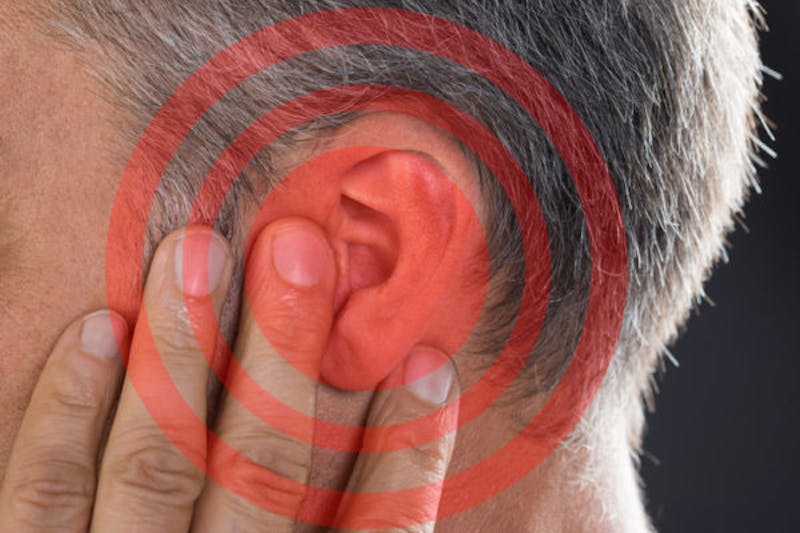
Last week, we informed readers of the symptoms of ear barotrauma. Knowing the difference between the occasional (acute) cases and recurring (chronic) cases will give you a better understanding of when it is necessary for a otolaryngologist’s attention. Many people have felt the feeling of clogged ears. This week, we are sharing the causes of the ear pain called ear barotrauma.
Causes of ear barotrauma:
One cause of ear barotrauma is when there is a blockage in the eustachian tube. As we discussed last week, the eustachian tube is the inner tube of the ear that connects to the nose and throat. The eustachian tube allows the body to restore equilibrium during changes in pressure.
When the eustachian tube is blocked, symptoms develop because the pressure in the ear is different than the pressure outside of the eardrum. Changes in altitude is the most common cause of this condition. Because of this, most people experience this while riding in an air plane.
Usually, the most common times for this feeling of needing to pop your eyes in during ascent and descent. Parents usually prep for this for young child or babies by giving them a lollipop or a bottle. The motion of eating or drinking can help alleviate the pressure.
When diving far down into a swimming pool, you may have felt the same feeling. Similarly, hiking and driving through mountains causes the same sensation. This is just the opposite.
In changes in elevation, it is common to feel this pressure in the ears. It is nothing to be alarmed by. In fact, it tells you your ears are performing as they should.
People that go hiking, scuba diving, and fly on planes often usually get used to this sensation and learn what is best for them. People that go diving, cliff jumping, or scuba diving may have experienced that you are in much more pressure than on land.
Experts say that the first fourteen feet of underwater area is the biggest risk for ear injury. Middle ear barotrauma is very common in divers. To prevent ear barotrauma, instructors may tell you the trick. Descend very slowly to avoid ear discomfort.
Clogged ears:
Basically, anything that blocks the eustachian tube puts you at risk for ear barotrauma. It is more common in people with allergies, active infections, or while they have a cold. Fluid and mucus flow from the ear to the back of the throat through the eustachian tube.
That fluid is then supposed to be swallowed like normal. Sometimes, the fluid gets trapped in the middle ear and clogs the ear instead of flowing down the throat. This fluid blockage usually accompanies an infection such as the common cold, sinusitis, and influenza.
Other symptoms of a blockage include a runny nose, sneezing, coughing, and a sore throat. As we have discussed before, water can be retained in the ear and cause an infection. We call this swimmer’s ear.
Also, we have discussed in past articles about the danger of using anything in your ear other than something given to you from an ENT specialist. Ear wax can cause clogged ears. Many store-bought cotton products can actually push the earwax further into the ear, worsening the issue.
Come back next time as we share the risk factors and treatment for ear barotrauma. Stay tuned for more. Make an appointment today if you have experienced any ear pain or clogged ears recently.
Staff Writer

